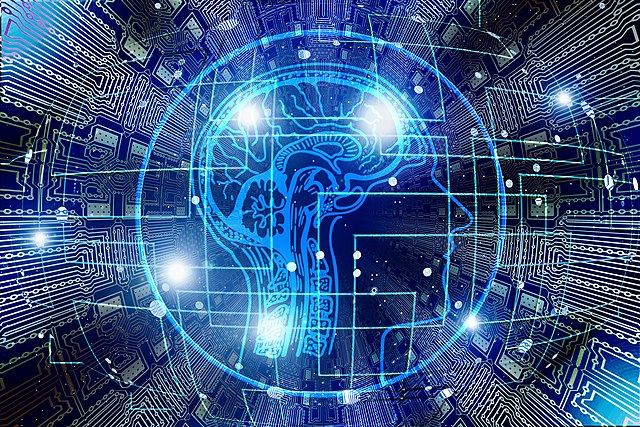Bills considering the prohibition of undisclosed deepfakes in a political context are under review by the Legislature.
The proliferation of misinformation and disinformation through social media has significantly impacted local and national elections. Now, a new concern arises with the emergence of Artificial Intelligence-generated deepfake videos and audio.
State Representative Trisha La Chica has introduced House Bill 1766, aiming to mandate the disclosure of deceptive and fraudulent deepfake election materials before the voting process.
Expressing the necessity for urgent action, La Chica emphasized, “The escalating threat posed by deepfakes demands immediate attention, especially in a pivotal election year like this, particularly in Hawaii.”
Legislators emphasize the relevance of bills focused on regulating AI-generated political deepfakes, especially given the significance of the current election year.
HB 1776 highlights existing legislation in California, Michigan, Minnesota, Texas, Washington, and Wisconsin designed to combat the dissemination of misinformation via political deepfakes.
While La Chica’s bill does not outrightly prohibit the use of AI or deepfakes, it imposes stringent disclosure requirements. La Chica stressed the importance of educating the older generation about deepfakes, as they might not be familiar with such technologies.
The definition of deepfakes under HB 1766 encompasses any manipulated media that distorts and misrepresents individuals, often portraying them saying things they never uttered.
On Feb. 7, the House Judiciary and Hawaiian Affairs Committee recommended passing the measure with amendments.
In addition to HB 1766, two other bills introduced in this legislative session aim to restrict the dissemination of falsified information through deepfakes to safeguard the integrity of local elections.
Senate Bill 2687 proposes banning the distribution of materially deceptive media without a disclaimer, with violations constituting a petty misdemeanor.
State Senator Karl Rhoads introduced SB 2687 and SB 2396, a companion bill to HB 1766, viewing them as crucial initial steps in addressing the issue.
While the Senate Judiciary Committee deferred SB 2396 on Feb. 9, it advanced SB 2687 with amendments on Feb. 15.
Rhoads acknowledged the evolving nature of technology and emphasized the importance of adapting legislative responses accordingly.
Local legislators express understandable apprehension towards the novel and potentially alarming implications of deepfake technology.
However, some critics find the current bills somewhat excessive, questioning the need for specific legislation targeting actions that are already considered criminal.
Looking ahead to the 2024 presidential election, concerns about the potent and perilous impact of artificial intelligence and deepfakes in the political sphere are raised by experts.
Colin Moore, an associate professor at the University of Hawaii Manoa, underscores the necessity of regulating this powerful communication tool in its early stages.
The proposed bills signify an initial effort to address the challenges posed by this innovative technology and its implications for political discourse.










